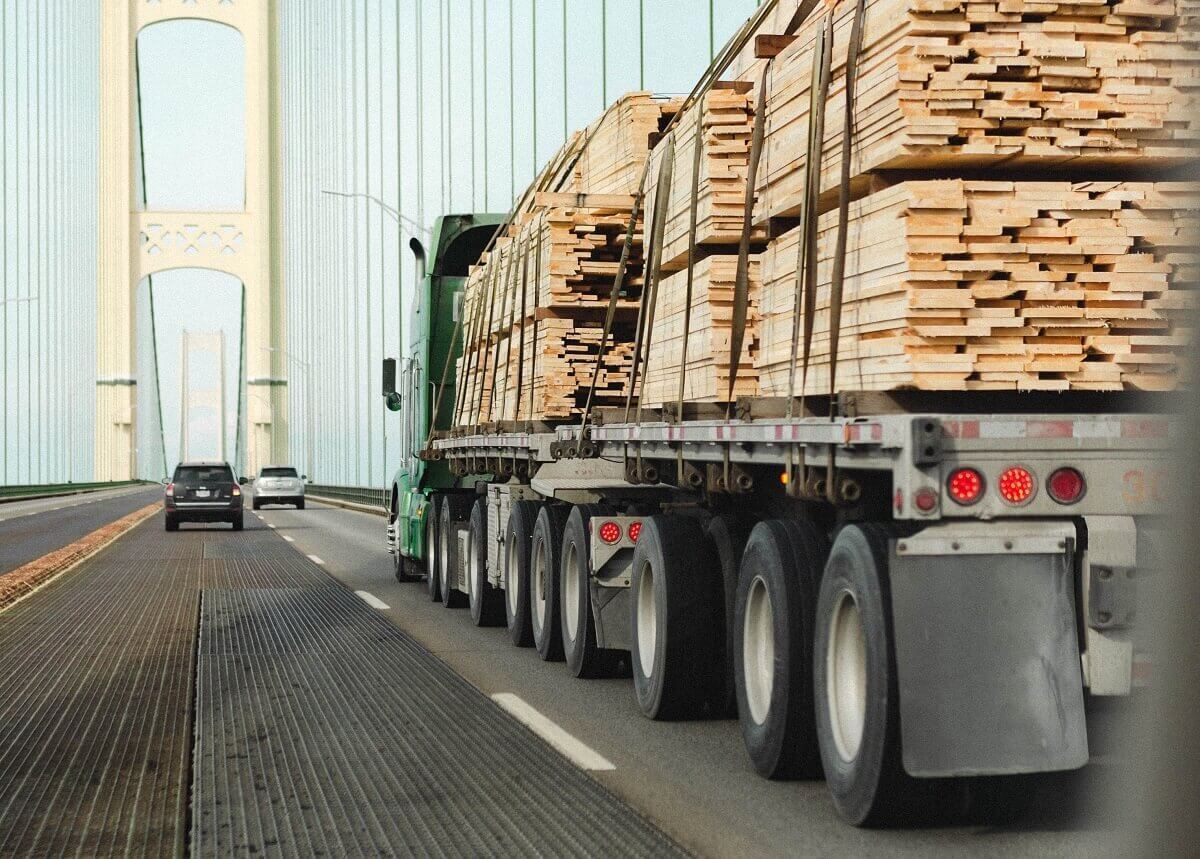Troubleshooting Reefer Unit Alarms: Understanding and Resolving Common Alerts
Reefer units, also known as refrigeration units, are an integral part of reefer trailers used for transporting temperature-sensitive cargo. These units are equipped with alarm systems that help monitor and maintain the optimal temperature conditions for perishable goods. However, understanding and resolving the alarms can be challenging without proper knowledge.
In this blog, we will provide you with four essential tips to help you understand and resolve common reefer unit alarms. Whether you're a driver, a fleet manager, or a reefer truck service professional in Laredo, these tips will empower you to troubleshoot and address alarm issues effectively.

4 Essential Tips to Troubleshoot Reefer Unit Alarms
The following four tips will help you understand and resolve common alerts by troubleshooting reefer unit alarms:
Tip #1: Familiarize Yourself with Alarm Codes and Indicators
To effectively troubleshoot reefer unit alarms, it's essential to familiarize yourself with the alarm codes and indicators specific to your unit. Each reefer unit manufacturer may have its own set of codes and indicators, which can provide valuable information about the nature and severity of the alarm. Refer to the user manual or manufacturer's documentation to understand the meaning behind each code or indicator. This knowledge will help you identify the underlying issue and take appropriate action.
Tip #2: Assess the Ambient Conditions
The ambient conditions surrounding the reefer unit can often contribute to alarm triggers. Factors such as extreme temperatures, high humidity, or inadequate ventilation can impact the unit's performance. Check the surroundings and ensure that there are no obstructions blocking the airflow or causing temperature fluctuations. Maintaining a clean and well-ventilated area around the reefer unit can significantly reduce false alarms and improve overall performance.
Tip #3: Verify Power and Fuel Supply
Reefer units rely on a continuous power and fuel supply to operate efficiently. Before troubleshooting the alarms, ensure that the unit is properly connected to a reliable power source. Check for loose connections, damaged cables, or tripped circuit breakers.
Tip #4: Inspect Sensors and Probes
Faulty or malfunctioning sensors and probes can trigger false alarms or fail to detect actual temperature variations accurately. Regularly inspect and clean these components to remove any debris or buildup that might interfere with their functionality. Ensure proper placement and secure connections of sensors and probes. If any sensors or probes appear damaged or dysfunctional, they may need to be replaced or repaired by a professional reefer truck service provider or trailer repair expert in Laredo.
Conclusion
Understanding and resolving common reefer unit alarms are crucial for maintaining the integrity and safety of perishable goods during transportation. By following these five tips, you can troubleshoot alarms effectively and take appropriate action to address the underlying issues. However, for complex or persistent alarm problems, it is recommended to consult professional
reefer truck service providers or expert
trailer repair in Laredo. Their expertise will ensure the optimal performance of your reefer unit and contribute to a reliable and efficient supply chain.













